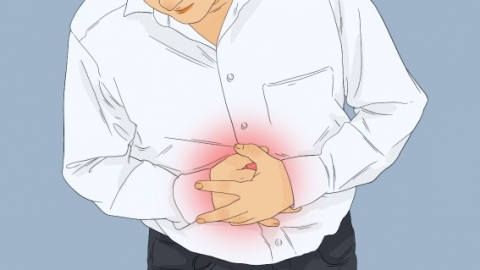Is gastrointestinal bleeding serious?
The severity and urgency of gastric bleeding need to be determined based on specific circumstances such as the cause of bleeding, the amount of blood loss, and the patient's underlying health status. If symptoms such as vomiting blood, black stools, dizziness, or fatigue occur, prompt medical attention is recommended. Detailed analysis is as follows:

If gastric bleeding is caused by benign conditions such as acute gastritis or peptic ulcer with minimal blood loss, presenting only as black stools or positive fecal occult blood, and the patient has no underlying diseases such as hypertension, heart disease, or cirrhosis and possesses strong compensatory capacity, the condition is generally less severe and not particularly urgent. With timely medical care and proper treatment, most patients can quickly stop bleeding and have a good prognosis.
If gastric bleeding is caused by severe conditions such as gastric cancer or rupture of esophageal and gastric varices, with significant blood loss leading to symptoms like passage of bloody stools, vomiting blood, dizziness, or altered consciousness, or if the patient has severe underlying diseases, is elderly, or physically frail, the condition is typically very severe and highly urgent. Massive blood loss may lead to shock, and without prompt treatment, it can be life-threatening, necessitating immediate emergency intervention.
Regardless of the severity, prompt medical attention is essential once symptoms of gastric bleeding appear to avoid delays in treatment. When seeking medical care, patients should provide detailed information to the doctor regarding the bleeding episode and their medical history, and cooperate with necessary examinations to determine the underlying cause. During treatment, strict adherence to medical instructions is required, and self-administered food intake or medication should be avoided. After recovery, regular follow-up visits are necessary, long-term management of underlying conditions should be implemented, dietary habits should be adjusted, and alcohol consumption and late-night activities should be avoided to reduce the risk of recurrent gastric bleeding.




